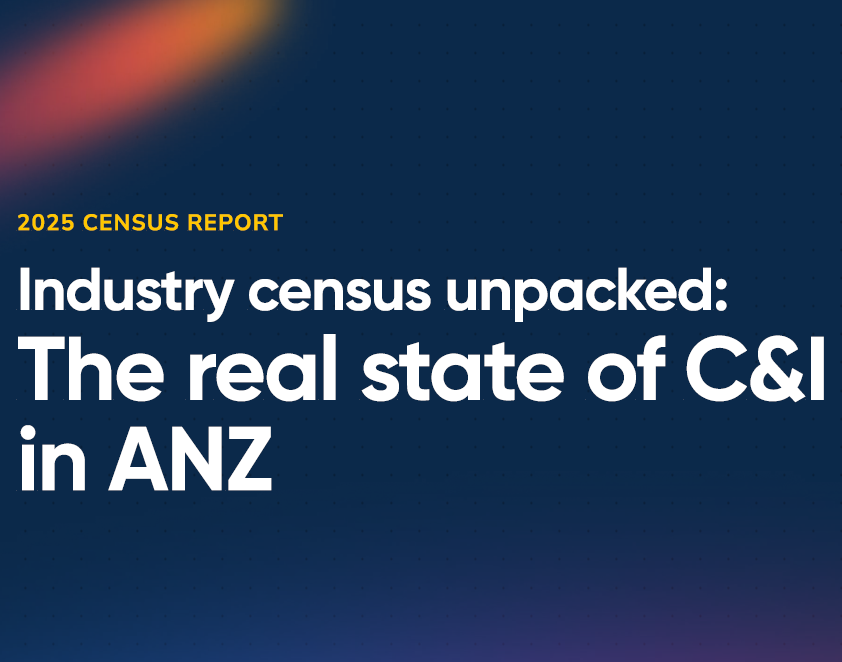If you want to save money on your energy bill, take better control of your energy use, and possibly even generate some profit from solar buyback, you might be tempted to invest in more solar panels. But is bigger always better? How many solar panels do you really need?
This seemingly simple question has more considerations than you might expect. Here’s what you need to know.
Solar system size breakdown
Generally speaking, the number of panels you’ll need will depend on:
- how much energy your home uses;
- how much you’d like to cut your utility bills by;
- how much solar-ready space you have on your roof;
- if your system has batteries and how many you have; and,
- how efficient your solar system is.
The more of your grid-sourced energy you want to replace with solar, the more energy your system will need to generate - and the more solar panels you’ll need!
However, when discussing solar power systems, people don’t usually talk about the number of panels alone. Solar systems work as - you guessed it - a system, with the end goal of generating a certain amount of power. This goal is achieved through solar panels, yes, but also other important parts like the inverters. Just talking about the panels isn’t particularly helpful.
Instead of the number of panels, people will generally talk about solar power systems in terms of the kW rating. This is the maximum amount of energy the system can generate at its peak output. This isn’t how much it will always generate - there are a few factors that can impact solar power generation, such as dirty panels, cloudy days, or simple wear and tear.
For most residential uses, solar systems are between 3kW and 6kW. For businesses, 5kW or higher is the usual.
How many panels does a 3kW solar system have?
Here’s another trick question! Every solar panel manufacturer is different. There are lots of different materials and design aspects between the solar panels, which all impact how much power a single panel generates.
A highly efficient, top-of-the-line solar panel may generate as much as two lower-quality, older models. Solar panels are getting more efficient every year, so it’s tough to put an exact number of panels required for a specific system.
Right now, a 3kW grid-tied solar power system from ZEN uses 8 solar panels, with the larger systems using comparatively more.
ZEN Energy grid-tied system examples
2.96kw solar system
- Suitable for monthly expenses of $120 or below
- 8 x LONGi solar panels
4.44kW solar system
- Suitable for monthly expenses of $150 to $250
- 12 x LONGi solar panels
5.92kW solar system
- Suitable for monthly expenses of $250 or above
- 16 x LONGi solar panels
These are typical solar system sizes for residential applications, but a solar system can easily be expanded to whatever size you need - even to the point where the solar power can replace your grid connection entirely.
The main limiting factor for solar panels is the amount of solar-ready available roof space. Not every roof is solar-capable, with solar panel racking requiring a sturdy, sunlight-covered roof for maximum efficiency. Each kilowatt of power generated will require about 8m2 of solar panels, as a guideline.
Is having more solar panels better?
More solar panels as part of a larger solar power system will generate more power. In fact, there’s often a cost saving the larger your system is - you pay less per kW of generation as your systems get larger.
However, the way to get the best value from your system is to try and closely match your actual electricity usage. You can sell excess power back to the grid, but it’s more efficient to generate and use your power yourself.
Here are a few additional considerations before adding more panels to your solar system
- Do you have solar power storage? If you generate lots of power and don’t use it, you can instead store it in a solar battery for use later. This means you can use solar power even at night, and avoid needing to buy power from the grid. If you don’t have enough storage, or don’t have storage at all, it may be a good idea to invest in this before extra panels.
- Have you changed your power behaviour? A big part of getting more out of your solar power system is to adjust your power using behaviour to accommodate the change in energy production. Solar power generates the most power in the middle of the day, so this is when it’s best to use high-energy-use appliances like the washing machine, tumble dryer, and electric car charger.
- Are you using energy efficient appliances? Appliances that use less and less power are becoming more common these days, with lightbulbs alone now using 85% less power than they used to. If you find you have a high power use, it may be better to invest in lower power appliances and thus reducing your energy consumption before investing in more panels.
Bigger isn’t always better with a power system - you don’t want to invest more than you need to, after all! That’s why we’ve made sure that we use only highly efficient parts in our solar system, including advanced panels, so you can get more solar generation in a smaller, less expensive package.
If you’re looking to invest in a larger solar system or would like to expand your existing system, get in touch with the ZEN Energy team to discover your options.




